Keywords: Five Billion Years
-
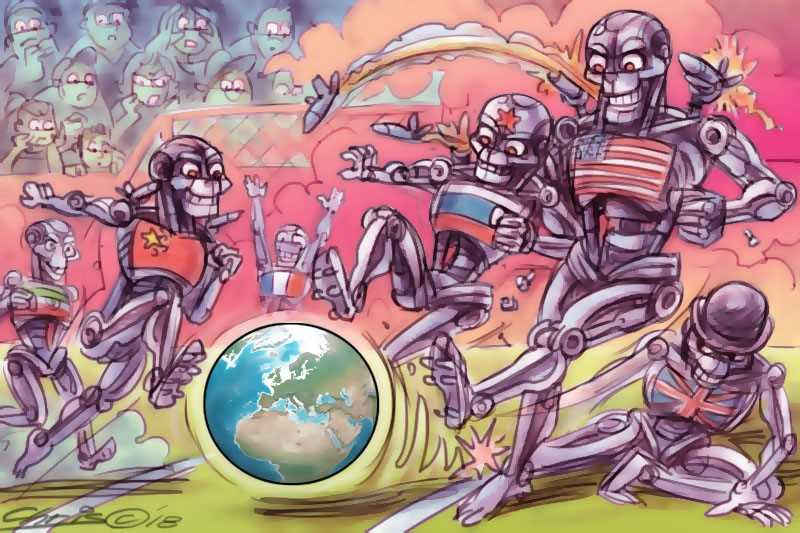
ECONOMICS
- David James
- 20 April 2018
6 Comments
As the West flirts with starting World War III in Syria, it is worth examining some of the financial and business dynamics behind the US 'military industrial complex'. War may not be good business, but it is big business. And in contrast to Russia and China, the industry in the US is heavily privatised, including the use of mercenaries.
READ MORE 
-
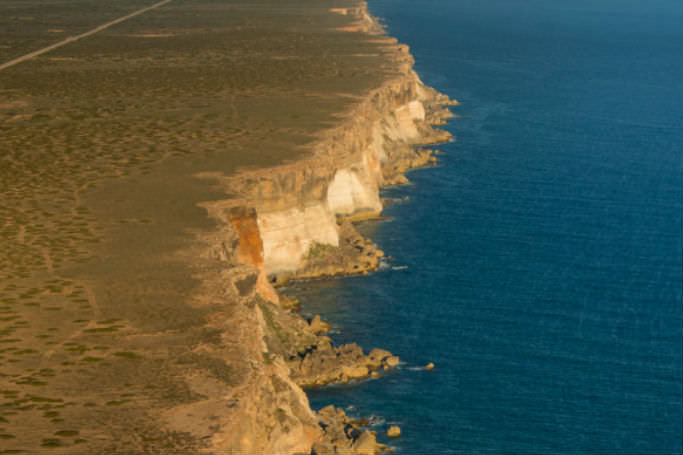
ENVIRONMENT
- Greg Foyster
- 16 March 2018
5 Comments
The complexity of environmental policy in SA echoes a broader trend in environment issues: climate change has monopolised the debate, squeezing out local conservation concerns. The upshot is a Left-leaning government can be progressive on clean energy, while holding a regressive stance on less prominent topics.
READ MORE 
-
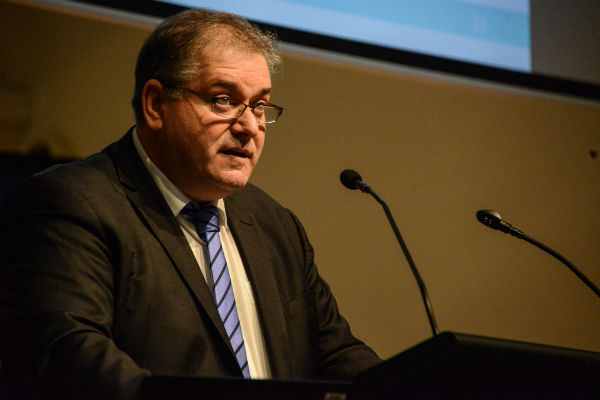
ECONOMICS
- Joe Zabar
- 27 February 2018
'Francis' statement is not one merely for theological or academic contemplation. It is in effect Francis' call to establish a new benchmark for our economy, one where exclusion and inequality are no longer a natural and accepted consequence of its operation.' Director of Economic Policy for Catholic Social Services Australia addresses the CSSA annual conference in Melbourne, February 2018.
READ MORE
-
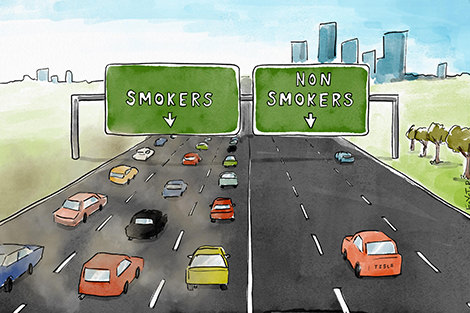
ENVIRONMENT
- Greg Foyster
- 14 September 2017
6 Comments
There are lots of reasons why China wants to accelerate the uptake of electric vehicles. It desperately needs to curb air pollution, which the World Health Organization estimates kills more than a million of its citizens each year. It also wants to reduce dependence on imported oil, and help meet climate change targets. Most crucial, however, is China's intention to dominate the global market for electric vehicles and the technology that powers them, lithium-ion batteries.
READ MORE 
-
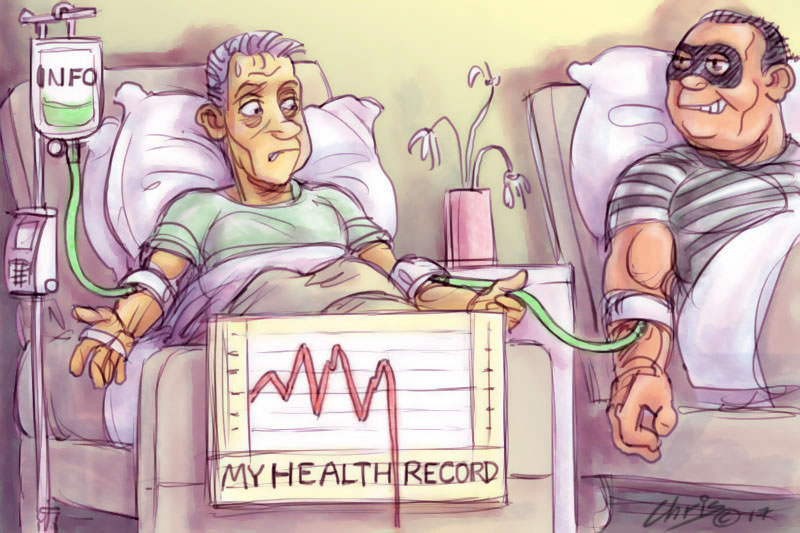
AUSTRALIA
Plagued by sluggish uptake, clinician reticence and a substantial privacy backlash, the $1.2 billion My Health Record has proven, thus far, something of a lemon. The putative benefits of an electronic health record have been expounded at length by the government. But for success there must be buy-in, and for buy-in, there must be trust, according to the Productivity Commission. Both are lacking, and it is important to consider why.
READ MORE 
-

EDUCATION
- Frank Brennan
- 24 May 2017
20 Comments
The level of consultation prior to the announced changes was appalling. But that is water under the bridge. It's time to enunciate some clear principles, and for respectful consultations to take place investigating how those principles can be best applied. This must be done within the realistic political environment in which we find ourselves. At the same time the Catholic system should ensure its schools are more available to the poor, enacting Pope Francis's desire for 'a Church which is poor and for the poor'.
READ MORE 
-
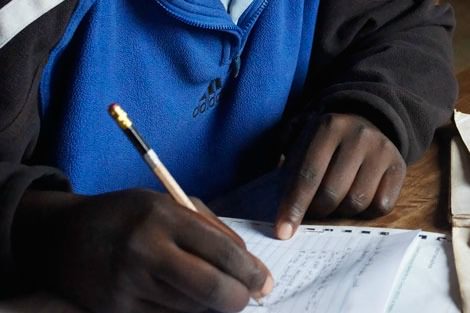
INTERNATIONAL
- David Holdcroft
- 12 May 2017
4 Comments
Alain is one of around 11,000 people living in this particular camp in the south of Zimbabwe. It seems an unlikely location to talk of the freeze on funding for Australian foreign aid announced in the budget, but it is in places like these, unseen and therefore unknown by the Australian population, that the effects are often felt. Alain is lucky: the camp where he lives has good education. Worldwide however, only 50 per cent of children in forced migrant situations will attend primary school, 22 per cent secondary and a paltry 1 per cent any institution of higher learning.
READ MORE 
-
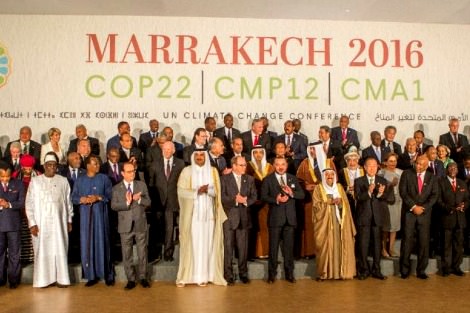
ENVIRONMENT
- Thea Ormerod
- 17 November 2016
9 Comments
The evangelical Christian vote no doubt assisted the climate-denying Trump to his election victory, yet it is remarkable how out-of-step it is with the general view of faith communities globally. This view was made abundantly clear the day after Trump's victory on 10 November, with the release of an Interfaith Statement in Marrakech, Morocco, and it should stand as a challenge to those in public life who continue to block climate action.
READ MORE 
-

INTERNATIONAL
- Duncan MacLaren
- 07 October 2016
33 Comments
The new situation was rammed home to me in a recent trip to a conference in Salamanca, where there is a Scottish seminary, and Madrid, where I have Spanish friends. Everyone I met was shocked at the news and it was as if there had been a death in the family. On the flight back to Edinburgh, it became clear to me that the Brexiteers were about to take my European nationality away from me and replace it with a Little Englander mentality that sees foreigners through a prism of otherness
READ MORE 
-
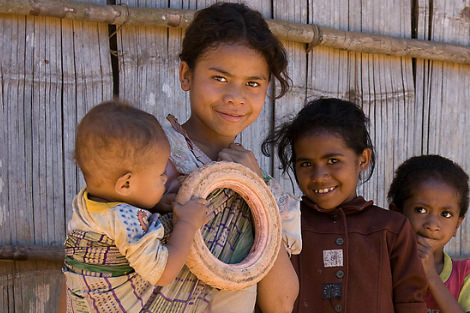
INTERNATIONAL
- Frank Brennan
- 27 September 2016
19 Comments
Timor has scored another win in the international legal forum, this time before a five-member Conciliation Commission convened under the auspices of the Permanent Court of Arbitration. In response, George Brandis and Julie Bishop regurgitated the Canberra mantra: 'We have a strong interest in Timor-Leste's stability and growing prosperity, and in providing a stable and transparent framework for investment in the Timor Sea.' They have no idea just how patronising this sounds in Dili.
READ MORE 
-
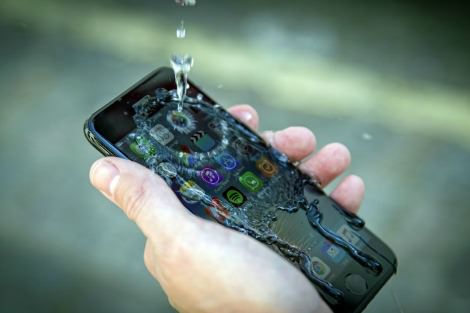
ENVIRONMENT
- Megan Graham
- 19 September 2016
5 Comments
Apple has been in hot water for years about the ethics of the manufacture of their devices. Yet iPhone fans gleefully fork out more money every September when the next version is ceremoniously revealed. This circus has become so normalised, most of us hardly blink an eye. How many people ask themselves whether the upgrades in the technology are worth getting a new phone every year? More importantly, how many people question the real-world costs that their purchase entails?
READ MORE 
-
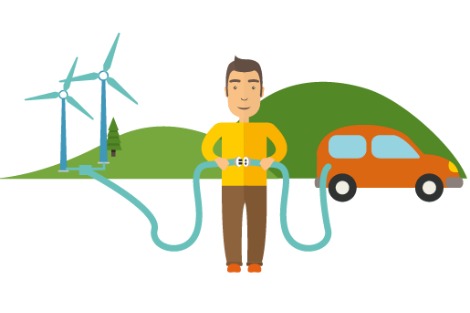
ENVIRONMENT
- Fatima Measham
- 11 November 2015
6 Comments
The UN Climate Change Conference in Paris is set to become the last opportunity for meaningful global action. The signs so far bear optimism, as the impetus for a binding international agreement to tackle the severity and effects of climate change has taken a turn. In order to better understand why, and appreciate the difference that a few years can make, it is worth revisiting why Copenhagen was such a disaster. The most meaningful difference between then and now involves leaders.
READ MORE 